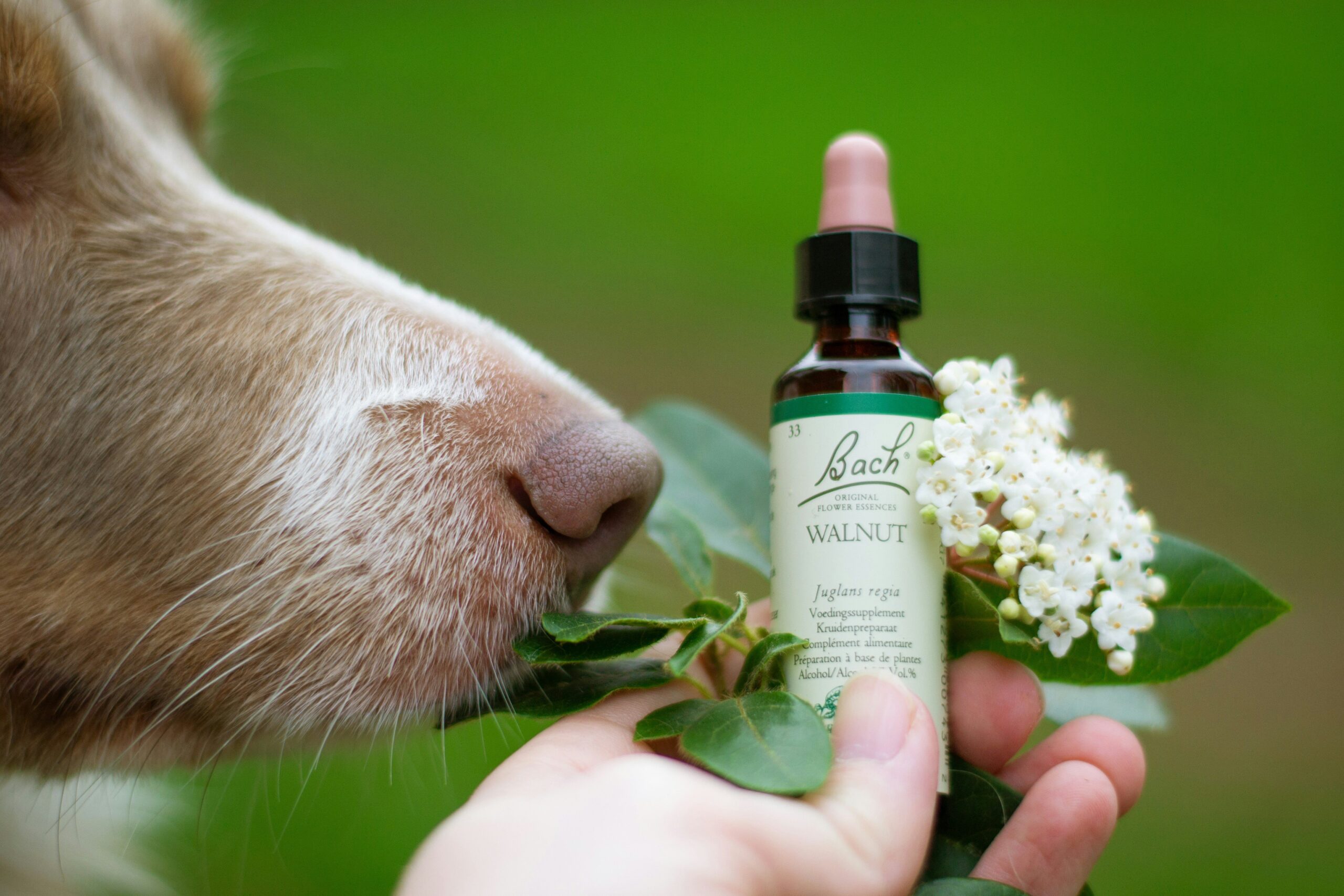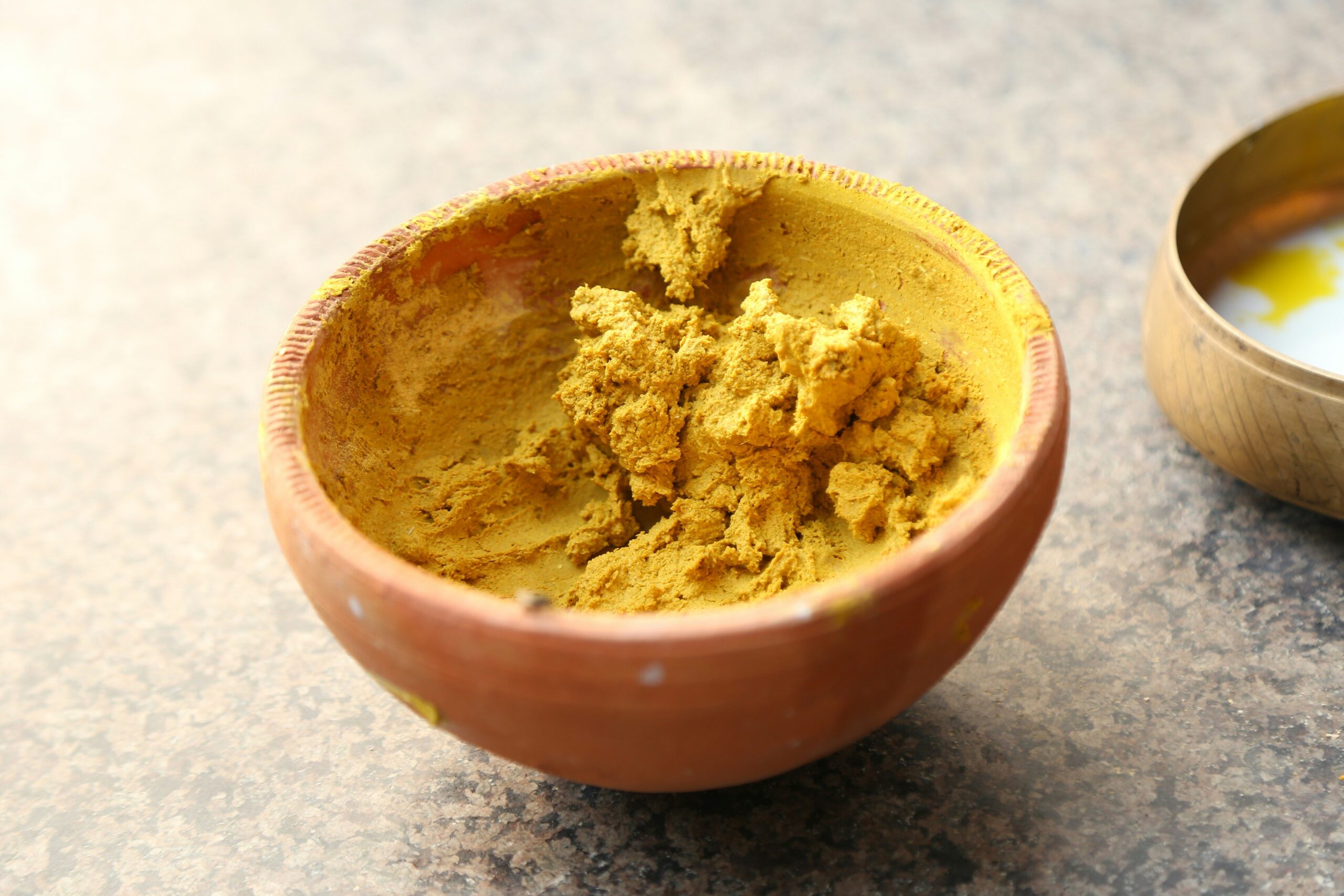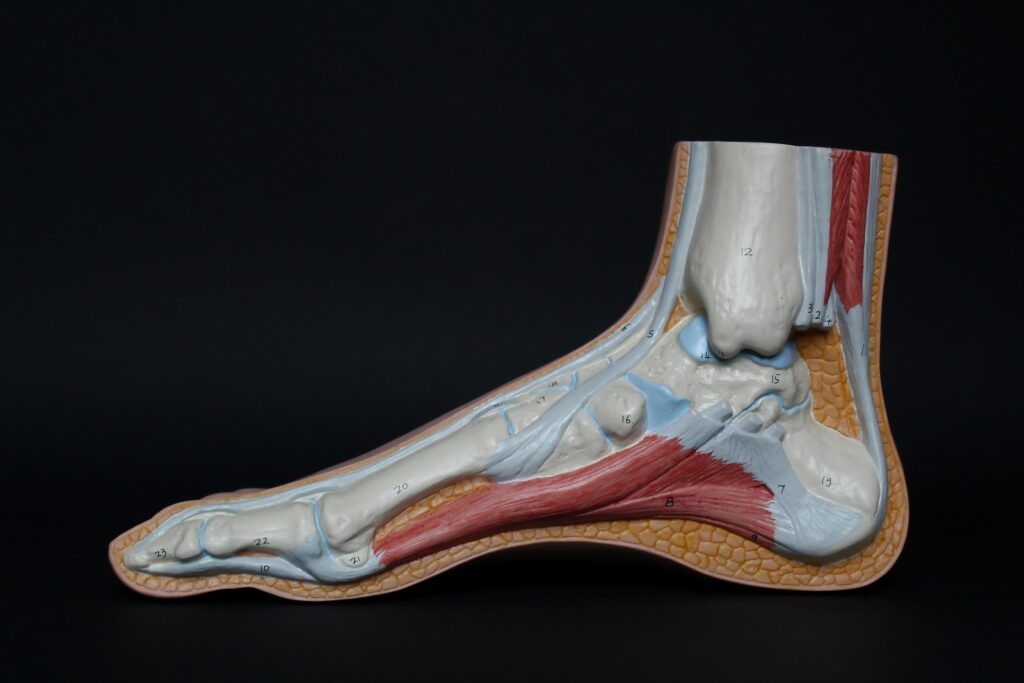Ever watched your dog sneeze like they’re auditioning for a Pixar film? Or maybe it’s your cat who’s been snuffling and crinkling their nose so much that you’ve started Googling “feline sinusitis” at 2 AM. Yeah, we’ve all been there—sleep-deprived, worried, and ready to try just about anything. What if I told you there’s an ancient golden spice sitting in your pantry that could help? Enter turmeric, nature’s anti-inflammatory powerhouse.
In this blog post, we’ll answer the burning question of how turmeric for sinus inflammation works wonders—not only for pets but also for pet parents wondering why Fido sounds like he swallowed a kazoo. We’ll dive into the science, share step-by-step guidance on using turmeric supplements safely, and even throw in some tips, case studies, and brutally honest advice. Ready? Let’s go!
Table of Contents
- Why Sinus Inflammation is No Joke for Pets
- Step-by-Step Guide to Using Turmeric Supplements
- Top Tips for Safe & Effective Use
- Real-Life Success Stories
- Frequently Asked Questions
- Conclusion
Key Takeaways
- Turmeric contains curcumin: A potent compound known for its anti-inflammatory properties.
- Dogs and cats can benefit: When used correctly, turmeric may alleviate symptoms of sinus inflammation.
- Not all supplements are created equal: Quality matters more than price when choosing pet-safe options.
Why Sinus Inflammation is No Joke for Pets

Sinus inflammation—or sinusitis—isn’t just uncomfortable; it can be downright painful for our furry companions. Imagine trying to breathe through a stuffed-up nose while dealing with relentless itching or pressure around your face. Now imagine doing that without opposable thumbs to grab tissues!
Symptoms include excessive sneezing, nasal discharge, lethargy, and even changes in appetite or behavior. Left untreated, chronic sinus inflammation can lead to more serious health problems, including infections or respiratory distress.
Optimist You: “There must be something natural to help, right?”
Grumpy You: “Yeah, unless you count me hiding from sniffly dogs under a blanket as ‘help.'”*
The Science Behind Turmeric
Turmeric owes its superhero status to curcumin, which has been studied extensively for its ability to reduce inflammation by targeting inflammatory pathways in the body. While most research focuses on humans, preliminary studies suggest similar benefits for animals.
Here’s where things get spicy: Poor absorption rates mean simply sprinkling turmeric powder on your pet’s food won’t cut it. That’s where quality supplements come in handy.
Step-by-Step Guide to Using Turmeric Supplements

Let’s break down how to introduce turmeric supplements into your pet’s routine:
Step 1: Consult Your Vet
First rule of pet care club: Always check with a professional. Some conditions or medications might interact negatively with turmeric. Better safe than sorry!
Step 2: Choose High-Quality Products
Look for pet-specific formulations since human-grade supplements often contain substances unsafe for animals. Check labels for added ingredients like black pepper extract (which improves curcumin absorption) and avoid fillers like wheat or soy.
Step 3: Start Small
Begin with half the recommended dose to see how your pet reacts. Gradually increase over a week or two until reaching the full amount.
Step 4: Monitor Results
Keep track of any improvements—or setbacks—in your pet’s condition. Note energy levels, appetite, and breathing patterns.
Top Tips for Safe & Effective Use
- Mix It Right: Combine turmeric powder with water or broth to make a paste before mixing it into meals. Raw powder clumps easily and isn’t palatable.
- Avoid Overdoing It: Too much turmeric can upset stomachs or cause liver strain. Stick to vet-approved dosages.
- Pair with Healthy Fat: Curcumin absorbs better alongside fats, so serve it with coconut oil or fish-based treats.
Terrible Tip Alert: Never skip consulting a vet before starting ANY new supplement regimen. Just because something is “natural” doesn’t mean it’s risk-free.
Real-Life Success Stories

Meet Max, a Labrador Retriever whose seasonal allergies left him wheezing and miserable every spring. After switching to a high-quality turmeric supplement, his owner noticed fewer sneezes and more playful zoomies within weeks.
Similarly, Bella the Siamese cat stopped pawing at her face constantly once turmeric became part of her diet. Her owner reported brighter eyes and renewed zest for chasing laser pointers. These anecdotes align closely with clinical evidence backing turmeric’s efficacy against chronic inflammation.
Frequently Asked Questions
Q: Is turmeric safe for all pets?
Absolutely not. Certain medical conditions or medication interactions require careful consideration. Always consult a vet first.
Q: How long does it take to see results?
Most pet owners report improvement within 2–4 weeks, though individual responses vary based on severity and underlying causes.
Q: Can I use human turmeric supplements for my pet?
Nope! Human supplements often contain additives unsuitable for animals. Stick to pet-formulated products.
Conclusion
From calming sniffles to boosting overall wellness, turmeric offers exciting possibilities for managing sinus inflammation in pets. By understanding proper usage and prioritizing vet guidance, you can transform your home into a sneeze-free haven.
Remember—turmeric isn’t magic dust sprinkled over kibble. It’s a scientifically-backed tool requiring thoughtful application. So whether you’re aiming to clear your pup’s sinuses or give your kitty relief, approach with care, patience, and plenty of love.
Now go forth and conquer those sniffles…chef’s kiss for drowning algorithms!
Like a Tamagotchi, your SEO needs daily care.
Feed keywords. Nurture links. Watch rankings grow tall.


